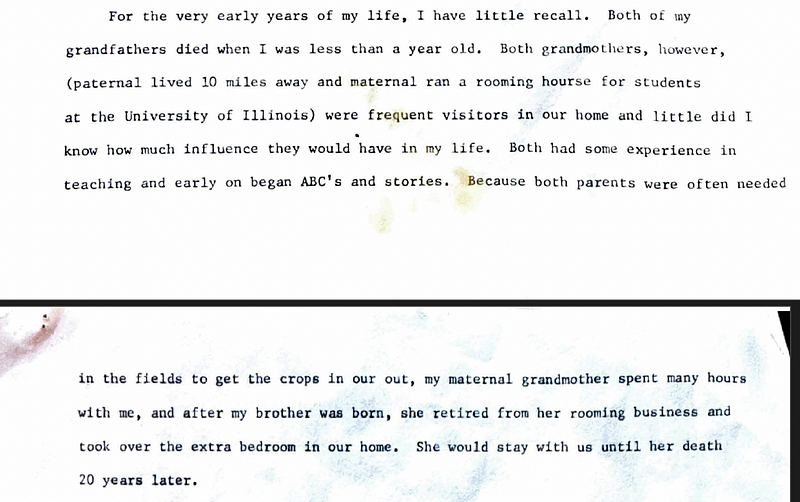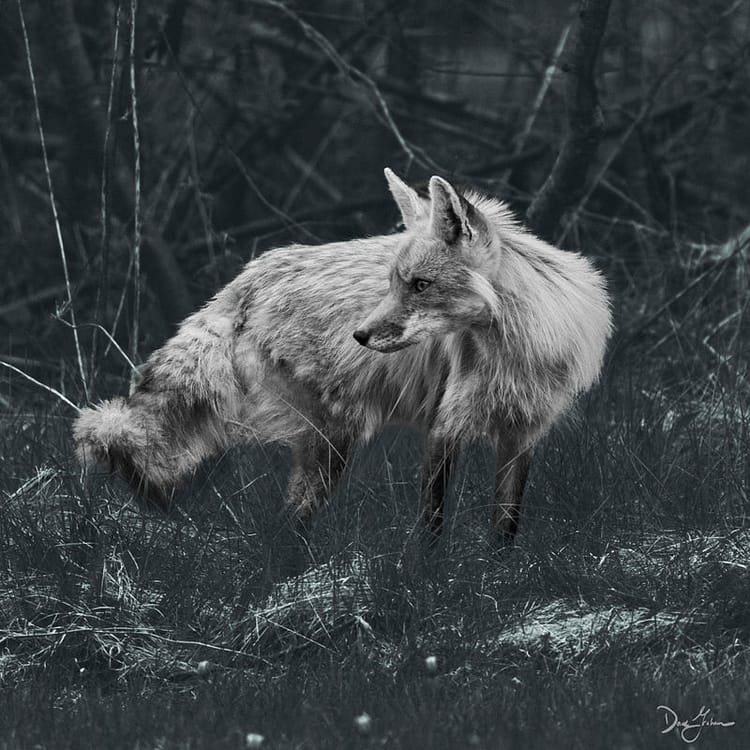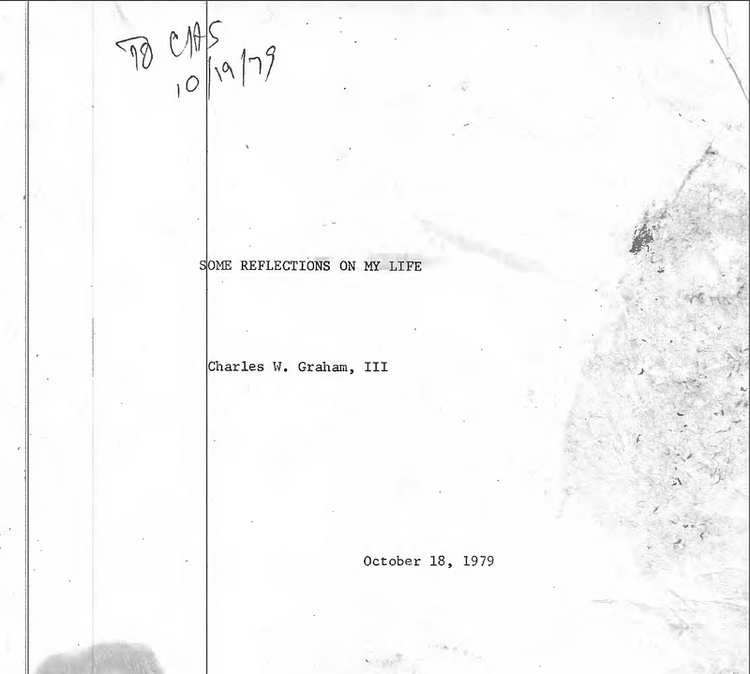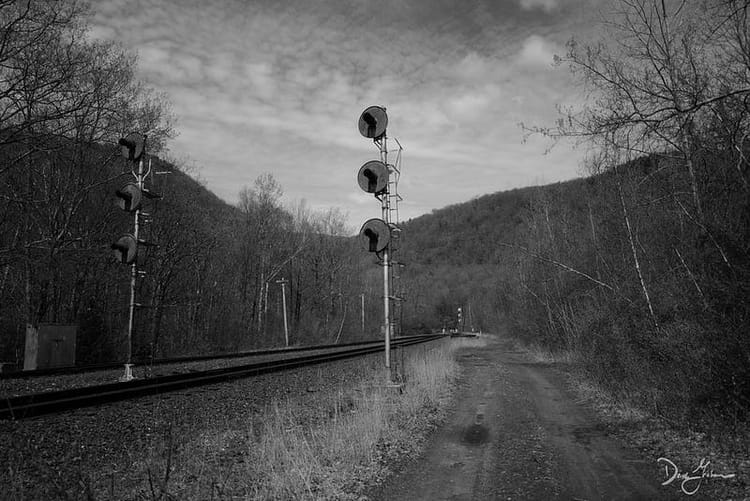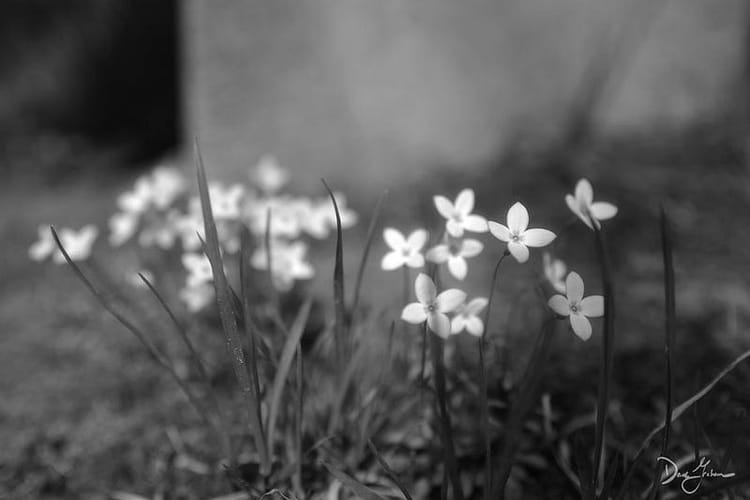A Right to Impermanence
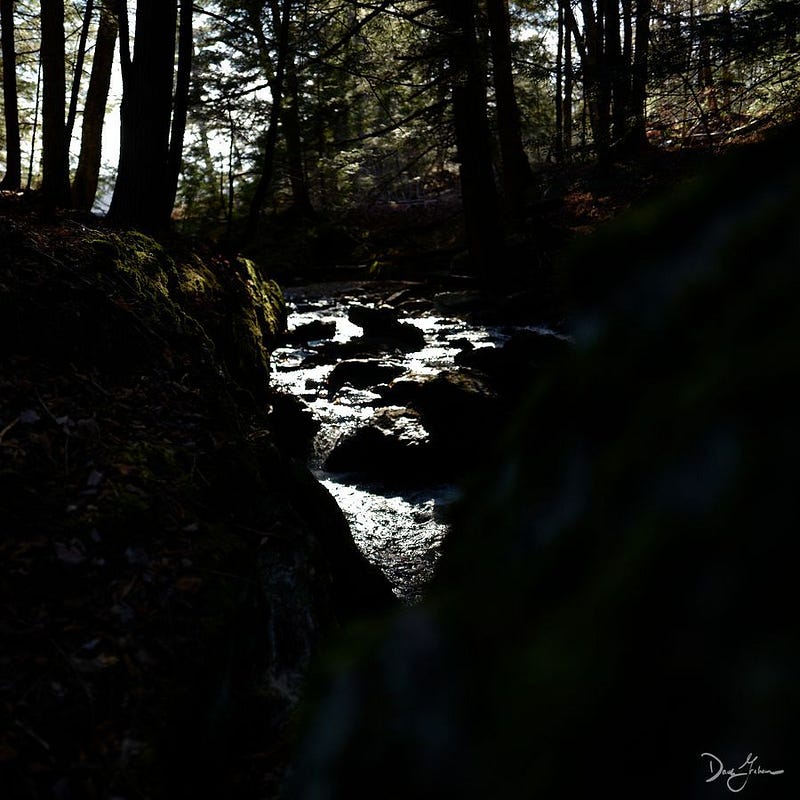
If you’re in the NorthEast of America (and Atlantic Canada), you’re no doubt experiencing a bit of weather today. It’s 15 degrees C outside, pouring rain in tempremental deluges, and feels like the middle of April. It’s in stark contrast to what our expectations generally are for this time of year, what with it being nearly Christmas. Since moving here to Massachusetts in the early 00’s, I can count on the fingers I’ve got the amount of “White Christmases” experienced. To say I’m less than enthused by this meteorological fuckery would be an understatement.
As I lay in bed last night, listening to the howling wind and the rain slapping against sill and window, I was chased by a thought brought on by a conversation I had over on Threads. It was, perhaps, an argument for the idea of privacy in public spaces, but it resonated with some of the nagging bits and pieces of this data-driven world we live in.
Don’t worry, I’m not going to be diving fully into the heady mix of artificial intelligence, data, and our sovereign rights and responsibilities towards each other today but, I want to bring to your consideration this concept loosely entitled “the right of impermanence.”
When you walk through a forest, as I did this past Saturday, you’re trespassing on the domain of insects and tree alike. You’re striding through nature’s bulwarks, like Gulliver in his travels, as though they’re part of your demesne. It’s an empowering feeling: you are the apex expression of your species in the conquered wilds. And yet, there’s another power at play, one that you perhaps don’t consider.
For every interloper, the forest cares not for your feelings, your physicality, your psychic presence. It stands aloof, far removed from the beat of your heart in your body, the blood coursing through your veins, the thrum of dendritic connection closing circuits in your brain. It lives only for itself, a virtuous cycle of death and rebirth, feeding both the ground below and the sky above in equal measure. You see, the forest forgets you from the moment you step foot into it.
When I stood on the moss-covered rocky shards of Tannery Falls this past weekend, I was lost in the embrace of an organism that far outstrips my comprehension. I was forgotten by an environment far older than I’ll ever be, the composition of dust and water in my body nothing more than worm food for those lying beneath the rotting leaves. To it, I am impermanent, I am nothing, I am forgotten.
When we emerge from the forest, we regain our memories, our place in society; our social class hasn’t lost a penny, our cars are still the status symbols of our independence, our cameras are still the vaults of memory. We live in the duality of these two spaces: the known and the impermanent. We juxtapose our importance over others desires for forgottenness, we place priority on being seen over being unseen, unrecognized. It’s an elemental collision, fundamental to our nature as social beings.
I’d ask you to consider this forgottenness in this Advent season. While it’s a time of friends and family, of memories both dear and sharp as needles, it’s also a season where some want to be forgotten. It’s a time where sweeping memories under the rug are perhaps the wiser actions to take, where the ghosts that haunt our lineages are better left in the attic.
As much as I talk about weaving together narratives, the stories of “us” within the context of time, I’m also cognizant that many of us wish to pass through the stream of time unknown and unrecognized. That for some, there is too much pressure existing in society to conform, to be seen, to be known. And, for as much as we want to force these moments to the light, we should respect their right to be forgotten, to be impermanent, to be phantoms.
Be gracious, dear souls, as you come across those who’s choices don’t mirror yours, who’s experiences desire the cover of darkness and shadow. Love them like no other but respect their needs, just like the forest, in casual indifference, offers only the sweet solace of silence for your consideration.
May it ever be so.

